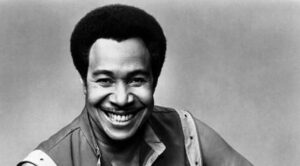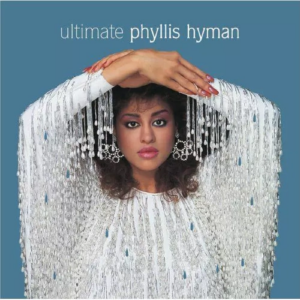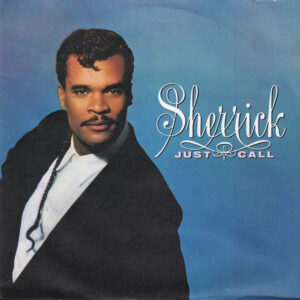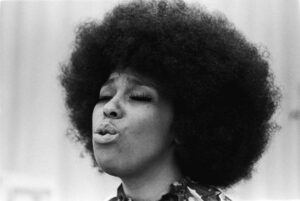Ayo – Ayo
Ayo titled her first project Joyful and her second Gravity at Last, while her third was named after her youngest daughter, Billie-Eve. Her fourth album, which is set to drop in October, is self-titled. Ordinarily, the self-titled album is the debut album, and Ayo can argue that she followed that pattern with Joyful since the Ayo is the Yoruba word for Joy.
This record will introduce Ayo to some people in America, but she has long been a top seller in Europe even though the Nigerian-German singer has lived in the United States for a decade. Ayo moved to America at a consequential time because it’s safe to say that much has taken place in the states in those 10 years, and some of it is reflected in the music included on Ayo – most notably the track “Boom Boom.”
That number, like all of the tracks on Ayo, reflects how deeply the African influences affect singer/songwriter both in terms of her approach to music and her political outlook. “Boom Boom” is a percussive number from the music box opening that flows into recording of an urban street scene where hand clapping children chant a rhyme warning their peers how to carry themselves around law enforcement. That transitions into Ayo’s percussive work on the acoustic guitar, and she is eventually backed by an arrangement sporting an Afro-Caribbean bass line.
Africa – and especially Nigeria – has a tradition of socially conscious musicians such as Fela Kuti, so nobody would be surprised to hear Ayo take on police brutality and political corruption. However, the singer and mother has also witnessed social, political and economic upheaval here in United States that has resulted in everything from the rise of the Black Lives Matter movement to presidency of Donald Trump, so lines such as “why do we have a government/when there’s no justice/just ignorance” were as likely to be made in America as anywhere else.
Still, Ayo may be the artist’s most introspective album, and that’s saying something for someone who wrote searing songs about the impact that her mother’s struggle with addiction had on their family. On Ayo, the artist is reflecting on love and honesty. On the reggae-funk number “Nothing,” Ayo engages in naming designer labels that she loved to purchase. However, this product placement serve to illustrate her spiritual deficits rather than to showcase her material worth.
Being a singer/songwriter at heart, Ayo’s best moments – and there are plenty – come when she is her most intimate and acoustic. That is the case for the beautiful number “Velvet Clouds,” which is the strongest track on the record. Here, accompanied by her guitar and percussion, Ayo uses the vastness of nature to describe the height and depth of the love she shares. “If our love was a forest/there’d be nothing but trees/no concrete giants/no cars and no streets/we’d spread our branches/plant our own seeds/eat our own fruits and grow old in peace.” If she could have used actual strings rather than the digital variety this song would be perfect.
Ayo pulls out a Kalimba on “Why,” a song that finds her wondering why people find it so difficult to say what they feel, while “Let It Rain” is Ayo’s funky, bass driven take on Psalms 23.
It’s clear that Ayo has done plenty of living in the 10 plus years since her debut album. She’s become a mother, an actress and a producer. She remains a citizen of the world, and that growth is reflected in this self-titled project that will hopefully introduce American listeners to an artist who always manages to make a Joyful noise. Highly Recommended.
By Howard Dukes










